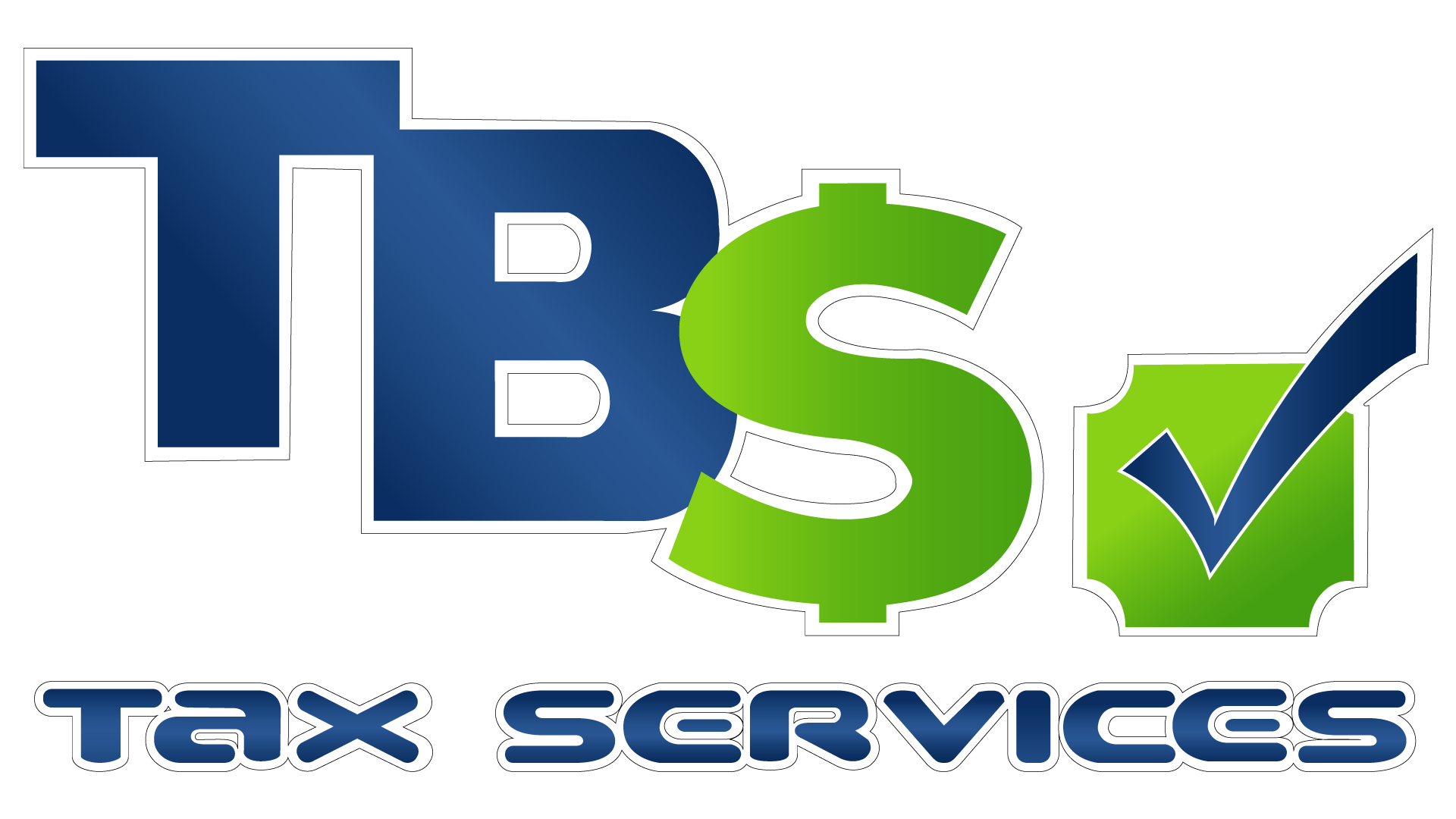Every small business owner wants to save money — and small business tax deductions are one way to do exactly that.
Because ShopKeep was founded by an independent retailer, we know that tax time can be both intimidating and time-consuming for small business owners. The good news? We’ve already done a lot of the hard work for you.
This list of 37 deductions will take you from “Ugh, taxes” to “Taxes? I got this.”
1. Vehicle Expenses.
Keep records during the year to prove the use of your car, truck or van, for business, especially if you also use the vehicle for personal reasons. When it’s time to pay taxes, you can choose to deduct your actual expenses (including gasoline, maintenance, parking, and tolls), or you can take the more straightforward route of using the IRS standard mileage rate — 58 cents per mile in 2019.
Whether you’re running errands in your own car or making deliveries in your bakery van, track the mileage and run some numbers to see which method gives you the higher deduction. If you drive a lot of miles each year, it makes more sense to use the standard mileage deduction when filing taxes. However, if you have an older vehicle that regularly needs maintenance, or isn’t fuel efficient, you might be able to get a larger deduction by using your actual expenses vs. the IRS mileage rate.
Either way, We all know that gas, repairs, parking, and mileage add up, so taking advantage of the standard mileage rate, or deducting your actual expenses, is a no-brainer way to put some of that money back in your pocket. Just make sure you keep records diligently to avoid mixing personal expenses with business ones.
2. Home Office.
Do you run part of your small business out of your home, maybe doing the books in the evenings after you’ve parked your food truck for the night? Or perhaps you run an entirely home-based business. For many self-employed individuals and sole proprietors it’s pretty standard to have a space at home that’s devoted to your work. The key here is the word devoted. Sometimes doing work on at the kitchen table while your kids do their homework doesn’t count as a home office. You must have a specific room that’s dedicated to being your office in order for it to be tax deductible.
Calculating the size of your deduction is primarily related to the amount of your home that’s used as an office. For example:
Total square footage of your home / divided square footage used as an office = the percentage of direct and indirect expenses (rent, utilities, insurance, repairs, etc.) that can be deducted.
We highly recommend that you read the IRS’ literature on this particular tax deduction, and/or speak with a tax professional before filing taxes with this deduction. It’s one of the more complicated ones available to small business owners, and there have been numerous court cases and controversies over the years. When dealing with the potential for a costly audit, it pays to be safe by consulting a professional tax preparer rather than sorry.
3. Bonus Depreciation.
If you buy new capital equipment, such as a new oven for your pizzeria, you get a depreciation tax break that lets you deduct 100 percent of your costs upon purchase. Under the Tax Cuts and Jobs Act, depreciation, only pertains to equipment purchased and in use between September 27, 2017 and January 1, 2023 — something to keep in mind as you plan for new equipment purchases in the next few years.
It’s important to note that according to the IRS, the asset you purchase must meet the following three requirements:
- It must be used in the business or held to produce income during the year of purchase.
- The useful life of the asset must be greater than one year.
- It must be an asset that wears out, gets used up, or loses its value over time.
A few things that don’t count as assets include:
- Land.
- Inventory.
- Air conditioning or heating units.
You also can not deduct an amount that’s greater than your net taxable income.
4. Professional Services.
As a small business, you don’t have in-house accountants or attorneys, but that doesn’t mean you can’t deduct their services. If you hire a consultant to help you grow your gift shop’s outreach, the fees and overall expense you pay for those services are deductible. Make sure the fees you’re paying are reasonable and necessary for the deduction to count by checking with the appropriate IRS publication or a tax professional. But, you’d do that anyway, wouldn’t you?
5. Salaries and Wages.
If you’re a sole proprietor or your company is an LLC, you may not be able to deduct draws and income that you take from your business. However, salaries and wages that you pay to those faithful part-time and full-time employees behind the cash register are indeed deductible.
However, this doesn’t just stop at standard salaries and wages. Other payments like bonuses, meals, lodging, per diem, allowances, and some employer-paid taxes. You can even deduct the cost of payroll software and systems in many cases.
6. Work Opportunity Tax Credit.
Have you hired military veterans or other long-term unemployed people to work behind your counter? If so, you may be eligible to take advantage of the Work Opportunity Tax Credit of 40 percent of your first $6,000 in wages.
7. Office Supplies and Expenses.
If you’re running a frozen yogurt shop, when you hear the word “supplies,” you probably think of plastic spoons. However, even if your business doesn’t have a traditional office, you can still deduct conventional business supplies and office expenses, as long as they are used within the year they’re purchased, so set up a file for your receipts. Many times you can also deduct the cost of postage, shipping, and delivery services so if mail-order is a part of your business, be sure to keep track of this cost.
Source: shopkeep.com

